The 1950s Portal Top, L-R: U.S. Marines engaged in street fighting during the Korean War, circa late September 1950; The first polio vaccine is developed by Jonas Salk.
Centre, L-R: US tests its first thermonuclear bomb with code name Ivy Mike in 1952. A 1954 thermonuclear test, code named Castle Romeo, is shown here; In 1959, Fidel Castro overthrows Fulgencio Batista in the Cuban Revolution, resulting in the creation of the first communist government in the Western hemisphere; Elvis Presley becomes the leading figure of rock and roll in the mid-1950s.
Bottom, L-R: Smoke rises from oil tanks on Port Said following the invasion of Egypt as part of the Suez Crisis in late 1956; French paratroopers march in Algiers in the beginning of the Algerian War, 1957; The Soviet Union launches Sputnik 1, the first artificial satellite to orbit the earth, in October 1957. The 1950s (pronounced nineteen-fifties; commonly abbreviated as the "Fifties" or the "'50s") (among other variants) was a decade that began on January 1, 1950, and ended on December 31, 1959. Throughout the decade, the world continued its recovery from World War II, aided by the post-World War II economic expansion. The period also saw great population growth with increased birth rates and the emergence of the baby boomer generation. Despite this recovery, the Cold War developed from its modest beginnings in the late 1940s to a heated competition between the Soviet Union and the United States by the early 1960s. The ideological clash between communism and capitalism dominated the decade, especially in the Northern Hemisphere. (Full article...) 1950s Topics:
Selected article -The Suez Crisis (also called the Second Arab–Israeli war, the Tripartite Aggression in the Arab world and the Sinai War in Israel) was an invasion of Egypt and the Gaza Strip in late 1956 by Israel, followed by the United Kingdom and France. The aims were to regain control of the Suez Canal for the Western powers and to remove Egyptian president Gamal Abdel Nasser, who had just nationalised the foreign-owned Suez Canal Company, which administered the canal. Israel's primary objective was to re-open the blocked Straits of Tiran. After the fighting had started, political pressure from the United States, the Soviet Union, and the United Nations led to a withdrawal by the three invaders. The episode humiliated the United Kingdom and France and strengthened Nasser. On 26 July 1956, Nasser nationalised the Suez Canal Company, which prior to that was owned primarily by British and French shareholders. On 29 October, Israel invaded the Gaza Strip and the Egyptian Sinai. Britain and France issued a joint ultimatum to cease fire, which was ignored. On 5 November, Britain and France landed paratroopers along the Suez Canal. The Egyptian forces, before they were defeated, blocked all ship traffic by sinking 40 ships in the canal. It later became clear that Israel, France and Britain had conspired to plan the invasion. The three allies had attained a number of their military objectives, but the canal was useless. Heavy political pressure from the United States and the USSR led to a withdrawal. U.S. president Dwight D. Eisenhower had strongly warned Britain not to invade; he threatened serious damage to the British financial system by selling the U.S. government's pound sterling bonds. Historians conclude the crisis "signified the end of Great Britain's role as one of the world's major powers". (Full article...)Did you know...
|
 |
You are invited to participate in WikiProject Years, a WikiProject dedicated to developing and improving articles about years, decades, centuries, and millennia. |
List articles
Categories
Associated Wikimedia
The following Wikimedia Foundation sister projects provide more on this subject:
-
 Commons
Commons
Free media repository -
 Wikibooks
Wikibooks
Free textbooks and manuals -
 Wikidata
Wikidata
Free knowledge base -
 Wikinews
Wikinews
Free-content news -
 Wikiquote
Wikiquote
Collection of quotations -
 Wikisource
Wikisource
Free-content library -
 Wikiversity
Wikiversity
Free learning tools -
 Wiktionary
Wiktionary
Dictionary and thesaurus
-
 List of all portalsList of all portals
List of all portalsList of all portals -
 The arts portal
The arts portal -
 Biography portal
Biography portal -
 Current events portal
Current events portal -
 Geography portal
Geography portal -
 History portal
History portal -
 Mathematics portal
Mathematics portal -
 Science portal
Science portal -
 Society portal
Society portal -
 Technology portal
Technology portal -
 Random portalRandom portal
Random portalRandom portal -
 WikiProject PortalsWikiProject Portals
WikiProject PortalsWikiProject Portals


.jpg.webp)





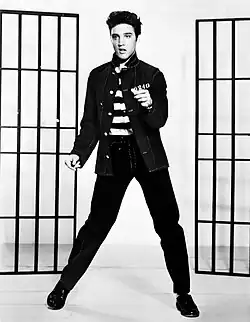

_(32003643582).jpg.webp)
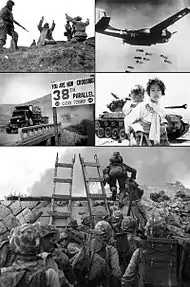

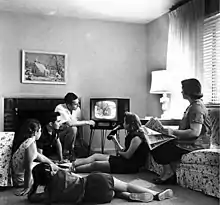

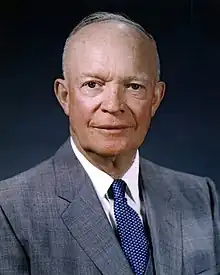
.jpg.webp)

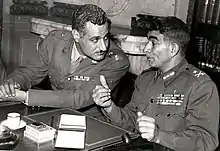


.jpg.webp)

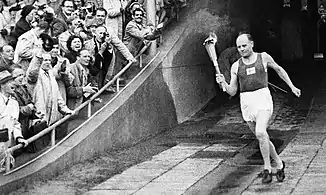

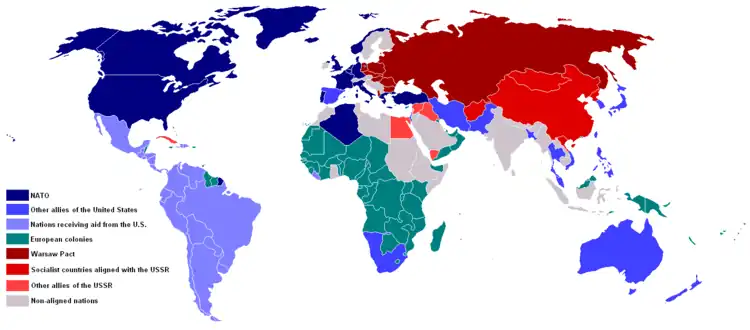
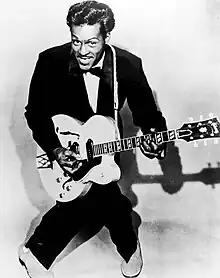
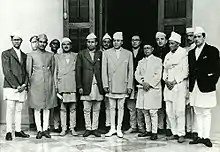



.jpg.webp)

.jpg.webp)





